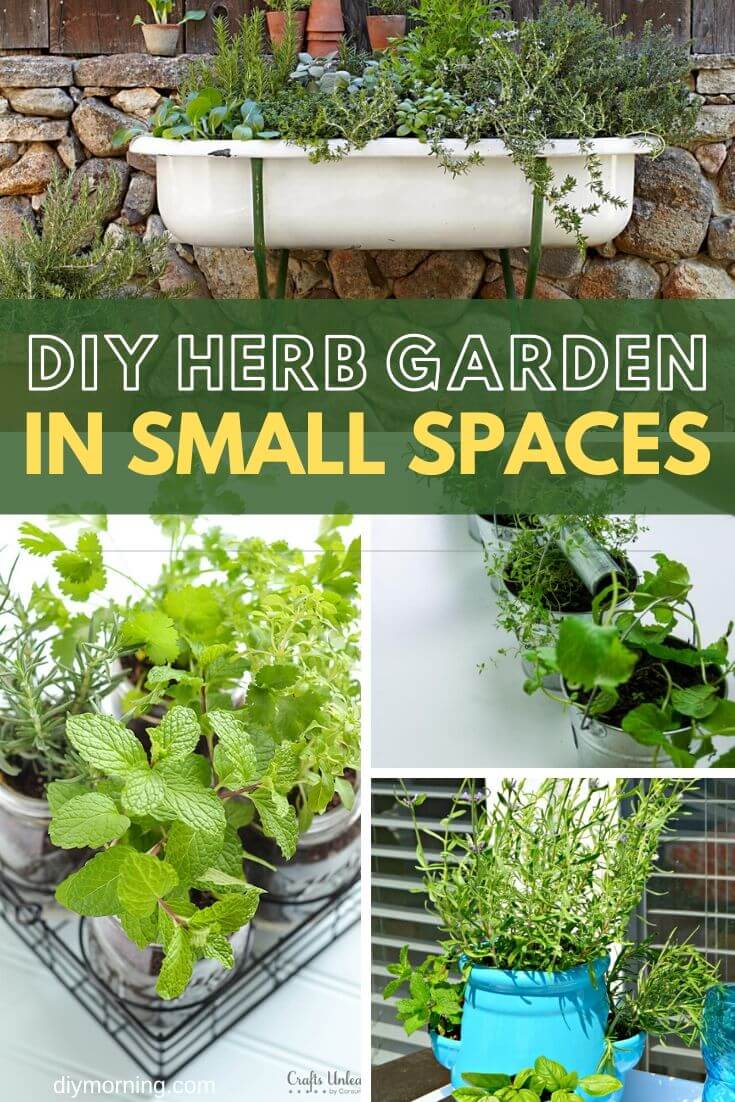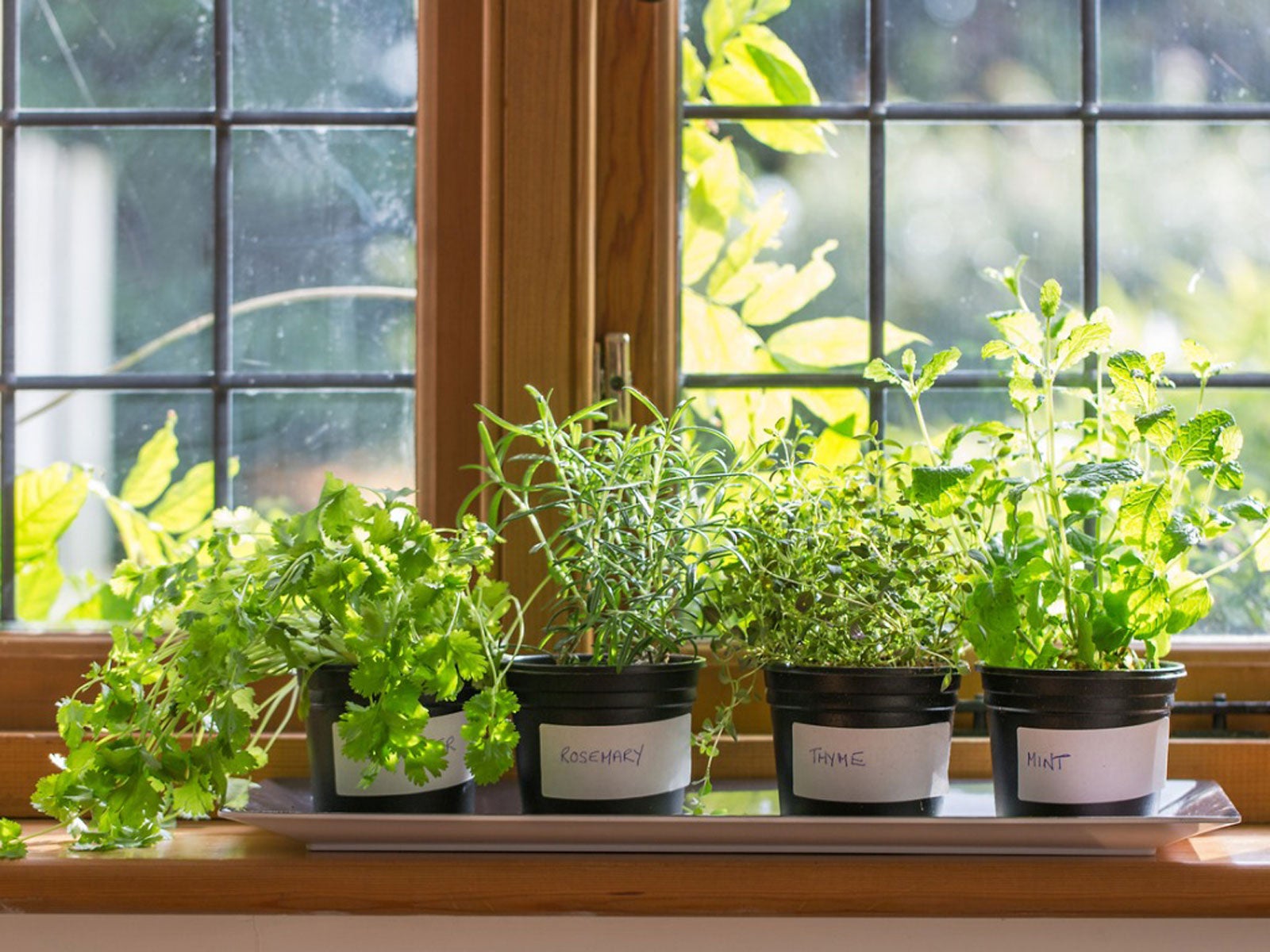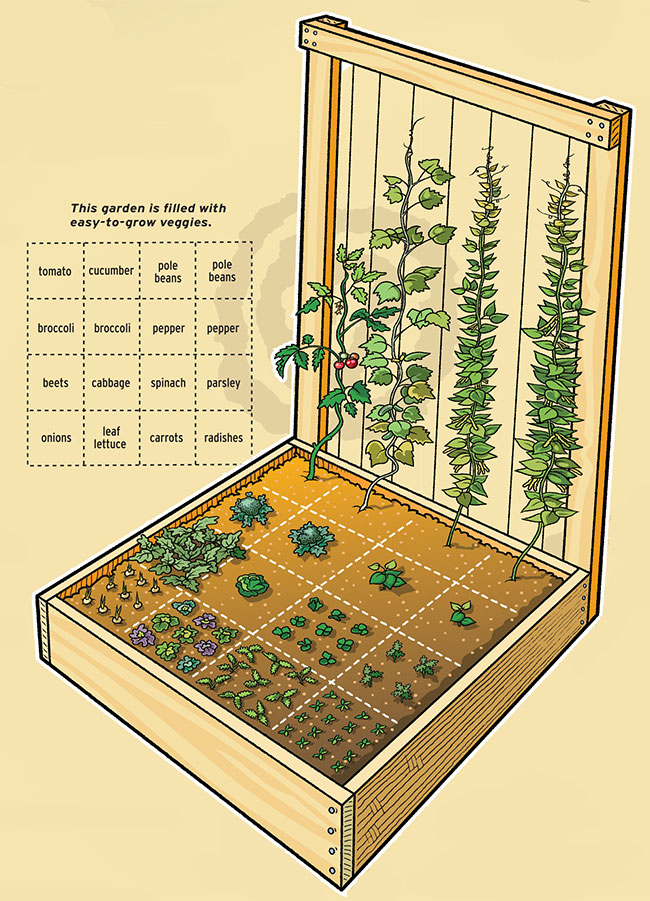Growing Herbs Indoors: Small Space Tips

Imagine transforming your tiny apartment into a lush, fragrant oasis. Picture the satisfaction of snipping fresh basil for your homemade pizza or garnishing your morning eggs with chives grown right on your windowsill. Growing herbs indoors isn't just a hobby; it's a culinary adventure and a breath of fresh air for your small space. Let's dive into the world of compact gardening and discover how you can cultivate a thriving indoor herb garden, even in the coziest of apartments.
The Benefits of Indoor Herb Cultivation
Growing herbs in small spaces indoors isn't just about convenience; it's about enhancing your lifestyle. Fresh herbs add a burst of flavor to your meals, and the act of caring for plants can be therapeutic. Plus, indoor plants help purify the air, creating a healthier living environment. It's like having a miniature farm right in your apartment, without the need for acres of land.
Choosing the Right Herbs for Small Spaces
Not all herbs are created equal when it comes to indoor cultivation. Some thrive in compact environments, while others need more space to spread their roots. Here are some herbs that are perfect for small-scale herb farming:
- Basil: This aromatic herb loves sunny windowsills and adds a delightful flavor to Italian dishes.
- Chives: With their onion-like taste, chives are easy to grow and require minimal space.
- Mint: Known for its refreshing scent, mint is versatile and can be used in both sweet and savory dishes.
- Parsley: This herb is not only a culinary staple but also adds a pop of green to your indoor garden.
- Thyme: Compact and fragrant, thyme is ideal for small spaces and enhances a variety of dishes.
Setting Up Your Window Herb Garden
Location, Location, Location
Just like in real estate, location is key when it comes to growing herbs indoors. Choose a spot with plenty of natural light, preferably a south-facing window. Herbs need at least 4-6 hours of sunlight daily to thrive. If your apartment lacks sufficient natural light, consider using grow lights to supplement.
Containers and Soil
Select containers that are at least 6 inches deep to provide enough room for root growth. Ensure they have drainage holes to prevent waterlogging. Terracotta pots are a great choice as they allow for better air circulation. Use well-draining potting soil specifically designed for herbs to ensure optimal growth.
Watering and Care
Herbs generally prefer well-drained soil, so avoid overwatering. A good rule of thumb is to water when the top inch of soil feels dry. Use a spray bottle to mist the leaves occasionally, especially in dry indoor environments. Regularly rotate your pots to ensure even light exposure and trim your herbs to encourage bushier growth.
Creative Solutions for Apartment Herb Growing
Vertical Gardening
Maximize your space by growing herbs vertically. Wall-mounted planters or hanging pots can transform a bare wall into a living tapestry. This not only saves floor space but also adds a unique aesthetic to your apartment.
DIY Herb Garden Kits
For those new to indoor herb cultivation, DIY herb garden kits are a fantastic starting point. These kits come with everything you need, including seeds, pots, and soil. They are designed to be compact and easy to use, making them perfect for small spaces.
Hydroponic Systems
If you're looking for a more advanced method, consider hydroponic systems. These systems allow you to grow herbs without soil, using nutrient-rich water instead. They are space-efficient and can be a fun way to experiment with different growing techniques.
Troubleshooting Common Issues
Pests and Diseases
Even indoor herb gardens can fall victim to pests and diseases. Regularly inspect your plants for signs of infestation or illness. Common issues include aphids, spider mites, and fungal diseases. Use organic pesticides or homemade remedies like neem oil to combat pests.
Overwatering and Underwatering
Overwatering can lead to root rot, while underwatering can cause your herbs to wilt. To avoid these issues, invest in a moisture meter to accurately gauge when your plants need water.
Lighting Problems
Insufficient light can cause herbs to become leggy and weak. If your herbs aren't getting enough sunlight, consider using grow lights to supplement. LED grow lights are energy-efficient and can be easily integrated into your indoor garden setup.
Embracing the Joy of Small-Scale Herb Farming
Growing herbs in small spaces indoors is more than just a hobby; it's a lifestyle. It's about nurturing life, enhancing your culinary skills, and creating a greener, healthier living environment. Whether you're a seasoned gardener or a beginner, the satisfaction of harvesting fresh herbs from your own indoor garden is unmatched.
Conclusion
Transforming your small space into a thriving herb garden is not only possible but also incredibly rewarding. With the right herbs, proper care, and a bit of creativity, you can enjoy the benefits of fresh herbs year-round. So, why wait? Start your indoor herb cultivation journey today and watch your apartment bloom into a fragrant oasis.
FAQs
What are the best herbs to grow indoors?
- Some of the best herbs to grow indoors include basil, chives, mint, parsley, and thyme. These herbs are compact and thrive in small spaces with adequate light.
How much light do indoor herbs need?
- Most herbs require at least 4-6 hours of sunlight daily. A south-facing window is ideal, but if natural light is limited, you can supplement with grow lights.
What kind of soil is best for indoor herbs?
- Use well-draining potting soil specifically designed for herbs. This ensures optimal growth and prevents issues like root rot.
How often should I water my indoor herbs?
- Water your herbs when the top inch of soil feels dry. Overwatering can lead to root rot, while underwatering can cause wilting. A moisture meter can help you determine the right time to water.
Can I grow herbs without soil?
- Yes, you can grow herbs using hydroponic systems, which use nutrient-rich water instead of soil. These systems are space-efficient and can be a fun way to experiment with different growing techniques.


With these tips and tricks, you're well on your way to creating a beautiful and functional indoor herb garden. Happy growing!
0 Response to "Growing Herbs Indoors: Small Space Tips"
Post a Comment